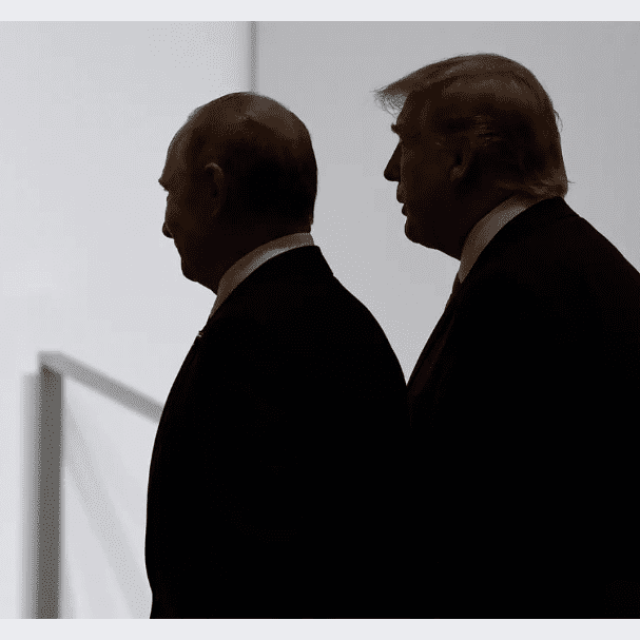n light of former President Donald Trump’s comments about NATO and Russia last week, it’s not unreasonable to think that a second Trump presidency might shake up U.S. foreign policy dynamics among allies and enemies alike.
After Trump said last week that he would encourage Russia to do “whatever the hell they want” to NATO states that hadn’t paid their share in defense dues, the former president doubled down on Wednesday, telling a crowd in South Carolina: “Look, if they’re not going to pay, we’re not going to protect, OK?”
Each NATO country is expected to set aside roughly 2 percent of its gross domestic product to put toward defense — though such a commitment is not required. But NATO Secretary-General Jens Stoltenberg this week acknowledged, while rebuking Trump’s comments, that some members have fallen short of their target.
Should Trump survive the onslaught of legal challenges before him and best President Joe Biden in a rematch of the 2020 presidential election, how might the situation in Europe change? With domestic aid for Ukraine balanced on a knife’s edge, some experts have expressed concern about what a lack of long-term U.S. support for the war effort means for Western cohesion.




